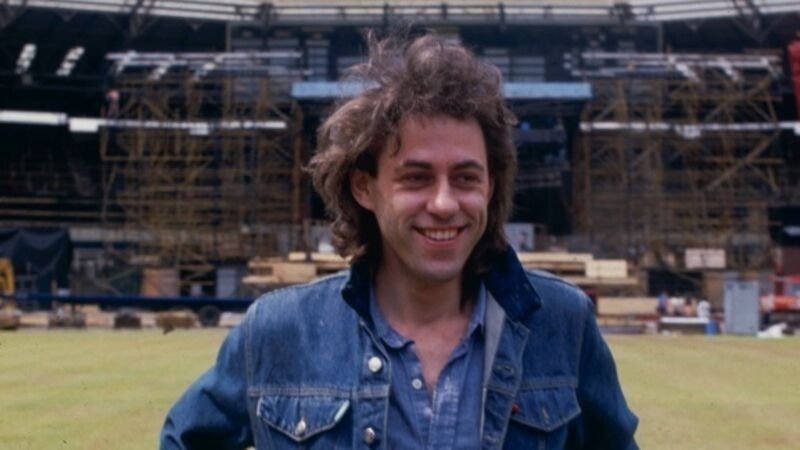1986 bid for Nobel prize for Geldof

State papers reveal Irish diplomats sounded out a host of countries with a view to obtaining support for the Boomtown Rats singer, who had become a global figure after organising the previous year’s Live Aid concerts in London and Philadelphia to raise funds for victims of the famine in Ethiopia.
However, Geldof, then aged 34, seemed largely indifferent to receiving an Irish nomination.










